I would say that there is no future for literary studies as such in the United States
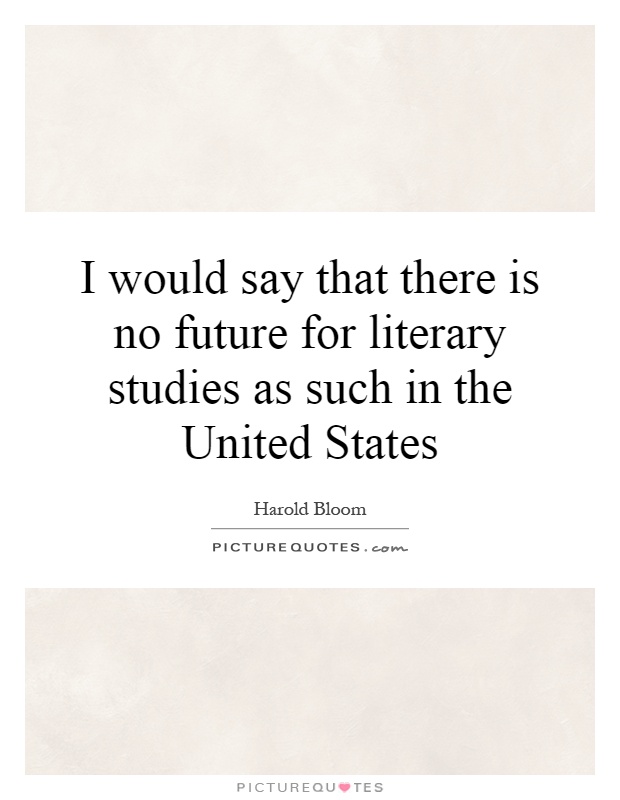
I would say that there is no future for literary studies as such in the United States
Harold Bloom, a renowned literary critic and scholar, has been a prominent figure in the field of literary studies for decades. His provocative statement that "there is no future for literary studies as such in the United States" has sparked debate and discussion among academics and literary enthusiasts alike. While some may view Bloom's assertion as pessimistic or defeatist, it is important to consider the context in which he made this statement and the implications it has for the future of literary studies in the United States.Bloom's criticism of the state of literary studies in the United States is rooted in his belief that the field has become overly politicized and fragmented, with an emphasis on identity politics and social justice issues rather than the study and appreciation of literature itself. He argues that the focus on diversity, inclusion, and representation has overshadowed the traditional canon of Western literature, leading to a decline in the quality and depth of literary scholarship.
In addition, Bloom has been critical of the rise of theory and criticism in literary studies, which he believes has led to a devaluation of the text itself. He argues that the proliferation of critical approaches and methodologies has made it difficult for students and scholars to engage with literature in a meaningful way, resulting in a loss of appreciation for the beauty and complexity of literary works.
Despite his criticisms, Bloom's statement does not necessarily mean that literary studies have no future in the United States. Rather, it serves as a call to action for scholars and educators to reevaluate the direction of the field and refocus on the study and interpretation of literature as an art form. By returning to the core principles of literary analysis and criticism, Bloom believes that the field can regain its relevance and significance in academia and society.
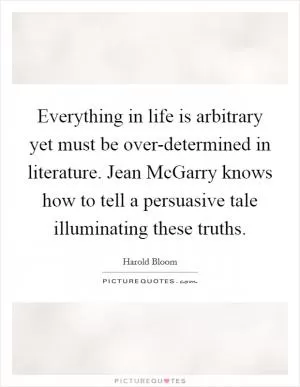


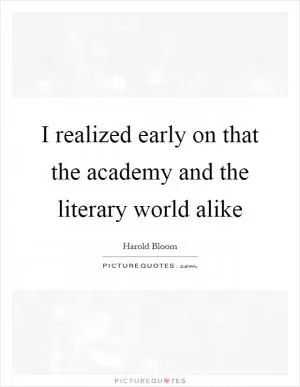
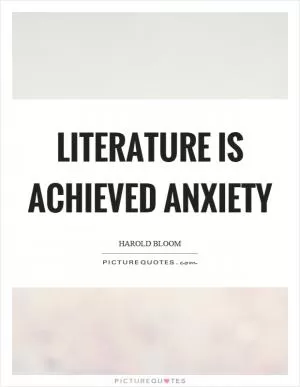
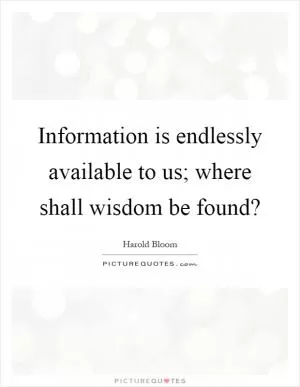





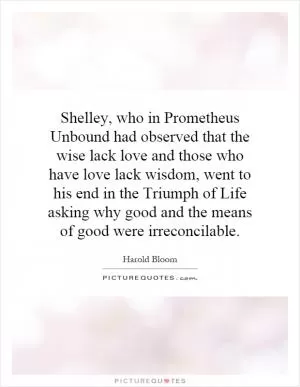
 Friendship Quotes
Friendship Quotes Love Quotes
Love Quotes Life Quotes
Life Quotes Funny Quotes
Funny Quotes Motivational Quotes
Motivational Quotes Inspirational Quotes
Inspirational Quotes